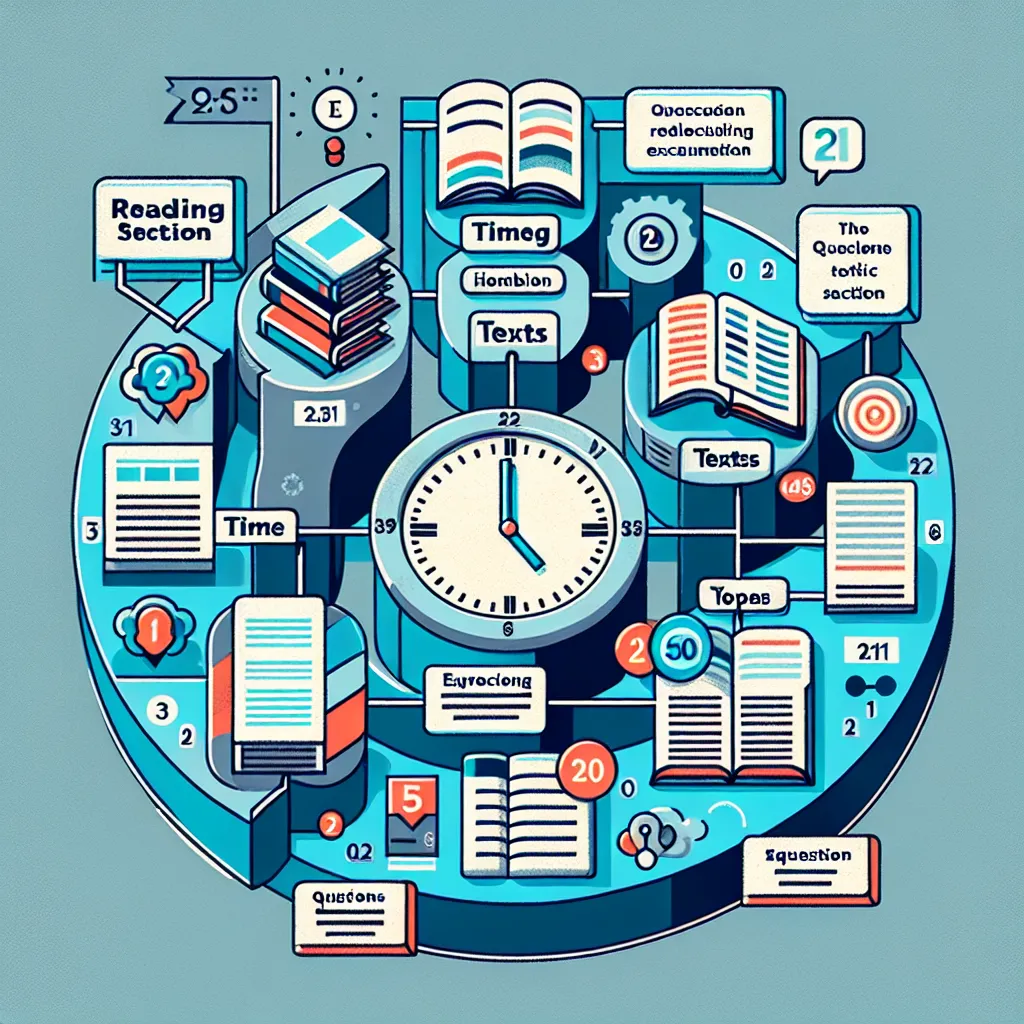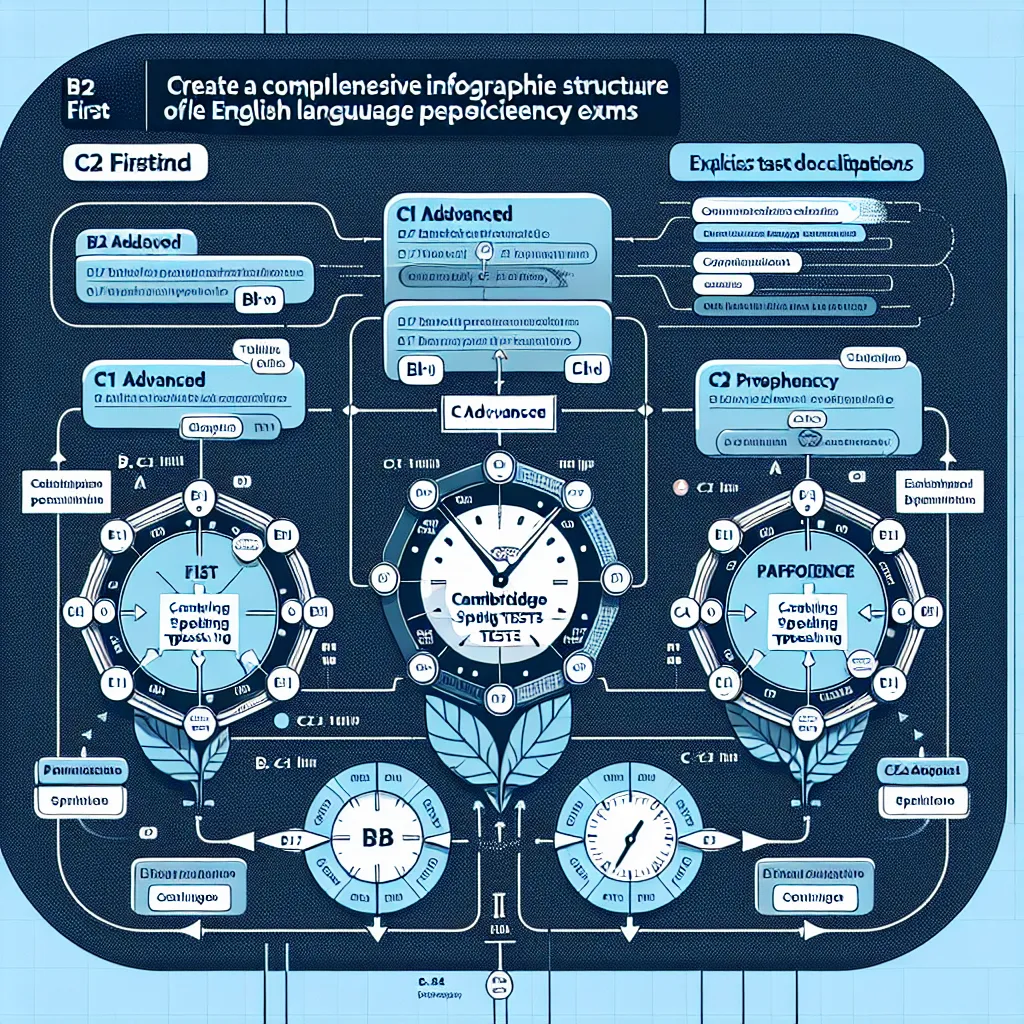Are you preparing for a Cambridge exam and feeling overwhelmed by the Reading section? You’re not alone. Many test-takers struggle with time management during this crucial part of the exam. In this comprehensive guide, we’ll explore effective strategies to help you master the art of time management in the Cambridge Reading section, ensuring you can showcase your true potential on exam day.
Understanding the Cambridge Reading Section
Before diving into time management strategies, it’s essential to understand the structure and requirements of the Cambridge Reading section. This part of the exam typically consists of multiple texts and questions designed to assess your reading comprehension, critical thinking, and analytical skills.
 Cambridge Reading Section Overview
Cambridge Reading Section Overview
Key Features of the Cambridge Reading Section
- Multiple texts: You’ll encounter various passages, ranging from short articles to longer academic texts.
- Different question types: The section includes multiple-choice, matching, gap-filling, and short-answer questions.
- Time pressure: You’ll have a limited amount of time to read, comprehend, and answer questions accurately.
Effective Time Management Strategies
Now that we’ve covered the basics, let’s explore some proven strategies to help you manage your time effectively during the Cambridge Reading section.
1. Familiarize Yourself with the Exam Format
One of the most crucial steps in preparing for the Cambridge Reading section is to familiarize yourself with the exam format. This includes:
- Understanding the types of texts you’ll encounter
- Knowing the different question formats
- Being aware of the time allocation for each part
By doing so, you’ll feel more confident and less likely to waste time figuring out instructions during the actual exam.
2. Practice with Timed Mock Tests
Regular practice with timed mock tests is invaluable for improving your time management skills. Here’s how to make the most of your practice sessions:
- Set a timer for the exact duration of the Reading section
- Attempt to complete all questions within the given time
- Analyze your performance after each practice test
- Identify areas where you’re spending too much time
Remember, consistency is key. The more you practice, the better you’ll become at pacing yourself during the actual exam.
3. Develop a Strategic Reading Approach
Efficient reading is crucial for managing your time effectively. Consider adopting the following techniques:
- Skim the questions before reading the text
- Use the headings and subheadings to get an overview of the passage
- Practice active reading by highlighting key information
- Don’t get stuck on difficult words; try to understand the overall context
By developing a strategic reading approach, you’ll be able to locate relevant information more quickly and efficiently.
4. Allocate Time Wisely
Proper time allocation is essential for success in the Cambridge Reading section. Here’s a suggested breakdown:
- Spend about 1-2 minutes skimming the questions
- Allocate 5-7 minutes for reading each text
- Leave 1-2 minutes at the end for review and double-checking answers
Remember, these are general guidelines. As you practice, you’ll develop a sense of what works best for you.
5. Use the Process of Elimination
When faced with multiple-choice questions, the process of elimination can be a time-saving technique. Here’s how to apply it:
- Quickly eliminate obviously incorrect answers
- Focus on the remaining options
- Look for specific evidence in the text to support your choice
This strategy can help you narrow down your options and make informed decisions more quickly.
6. Don’t Dwell on Difficult Questions
It’s easy to get stuck on challenging questions, but this can be a major time-waster. Instead:
- Mark difficult questions and move on
- Return to them if you have time at the end
- Make an educated guess if you’re running out of time
Remember, it’s better to attempt all questions than to leave some unanswered due to time constraints.
7. Practice Active Time Awareness
Developing a sense of time during the exam is crucial. Here are some tips to help you stay on track:
- Wear a watch or keep an eye on the clock in the exam room
- Set mental checkpoints for yourself (e.g., “I should be halfway through by the 30-minute mark”)
- If you’re falling behind, adjust your strategy accordingly
Active time awareness will help you pace yourself and avoid last-minute rushes.
Common Time Management Pitfalls to Avoid
While implementing effective strategies is important, it’s equally crucial to be aware of common pitfalls that can derail your time management efforts.
1. Over-analyzing Every Detail
While thoroughness is important, spending too much time on minute details can be counterproductive. Focus on understanding the main ideas and key supporting points.
2. Neglecting to Read Instructions Carefully
Misinterpreting instructions can lead to wasted time and incorrect answers. Always take a moment to read and understand the requirements for each question.
3. Panicking When Faced with Difficult Texts
Encountering a challenging passage can be stressful, but panicking will only waste valuable time. Stay calm, use your skimming and scanning skills, and focus on extracting the necessary information.
4. Forgetting to Leave Time for Review
Many test-takers make the mistake of using all their time on answering questions, leaving no opportunity for review. Always aim to reserve a few minutes at the end to check your answers.
Next Steps: Putting Your Skills into Practice
Now that you’re armed with these time management strategies, it’s time to put them into practice. Here are some steps you can take:
- Create a study schedule that incorporates regular timed practice sessions
- Use official Cambridge practice materials to familiarize yourself with the exam format
- Join study groups or online forums to share experiences and tips with fellow test-takers
- Consider taking a preparatory course or working with a tutor to refine your skills
Remember, effective time management in the Cambridge Reading section is a skill that can be developed with consistent practice and the right strategies.
In conclusion, mastering time management in the Cambridge Reading section is crucial for achieving your desired score. By understanding the exam format, practicing regularly, and implementing the strategies outlined in this guide, you’ll be well-equipped to tackle the Reading section with confidence. Keep practicing, stay focused, and remember that with dedication and the right approach, you can excel in your Cambridge exam.
[internal_links]
We’d love to hear about your experiences with time management in the Cambridge Reading section. Share your tips and challenges in the comments below, and don’t forget to check out our other articles on Cambridge exam preparation for more valuable insights!




